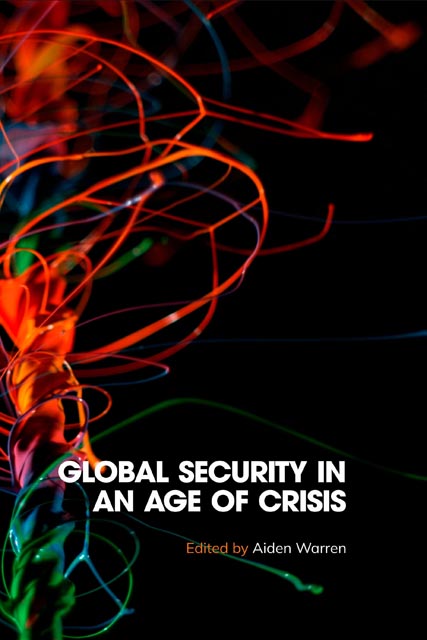2 - Traditional Approaches and Security: Rethinking Power and Uncertainty
Published online by Cambridge University Press: 14 July 2023
Summary
Introduction
This chapter considers the ongoing discussion between the two traditional approaches to security—realism and neoliberalism—and the insights gained from the challenges of US-China great power rivalry and the COVID-19 pandemic. In the post-9/11 security account of international relations the focus has been increasingly on the role of nonstate actors, the prevalence of globalization, and the rise of nontraditional security challenges. These trends have also promulgated critical security approaches, widening and deepening the debate on security and on the important questions of what is to be securitized, how security is to be defined, and under what ontological framework. In some ways these questions have involved a presumptive and concomitant weakening of the traditional approaches. In others, they have precipitated a critical rethinking of the practical, conceptual, and theoretical implications of the state. The strides in these areas have in some cases been profound, but the assertion that the critical approaches have replaced the authority of the state and the value of the traditional approaches, the chapter argues, has been oversold.
The suggestion that we now inhabit what the German sociologist Ulrich Beck has called a “world risk society” explains part of this argument. As scientists, politicians, and observers try to make sense of the prevailing social media misinformation climate, great power competition, ethnic conflict, and technological decoupling, among many other uncertainties in the twenty-first century, the trends toward disruption and insecurity seem vast. Writing in 1998, Beck called this phenomenon a “reflexive modernization.” Greater individual uncertainties in health, economics, and security were driving a questioning of the foundations of society and subsequently the eruption of new social movements, popular political trends, nativism, and a rejection of authority—implying in many ways the decline of traditional assumptions. These arguments remain unconvincing. What is evident rather is that the significance of the state in risk analyses, along with a declining trust in institutions, norms, and narratives, has once again begun to trend despite the overwhelming challenges of nontraditional insecurities.
While not a main focus of this chapter, it is necessary to mention the February 2022 Russian invasion of Ukraine on this point, and its potential to exacerbate numerous insecurities around nuclear weapons, refugee crises, war crimes, disinformation campaigns, and nationalism (among others). It is clear that, even as the crisis develops, the ability to resolve the many challenges must begin with the state, starting with the end of conflict.
Information
- Type
- Chapter
- Information
- Global Security in an Age of Crisis , pp. 45 - 61Publisher: Edinburgh University PressPrint publication year: 2023
